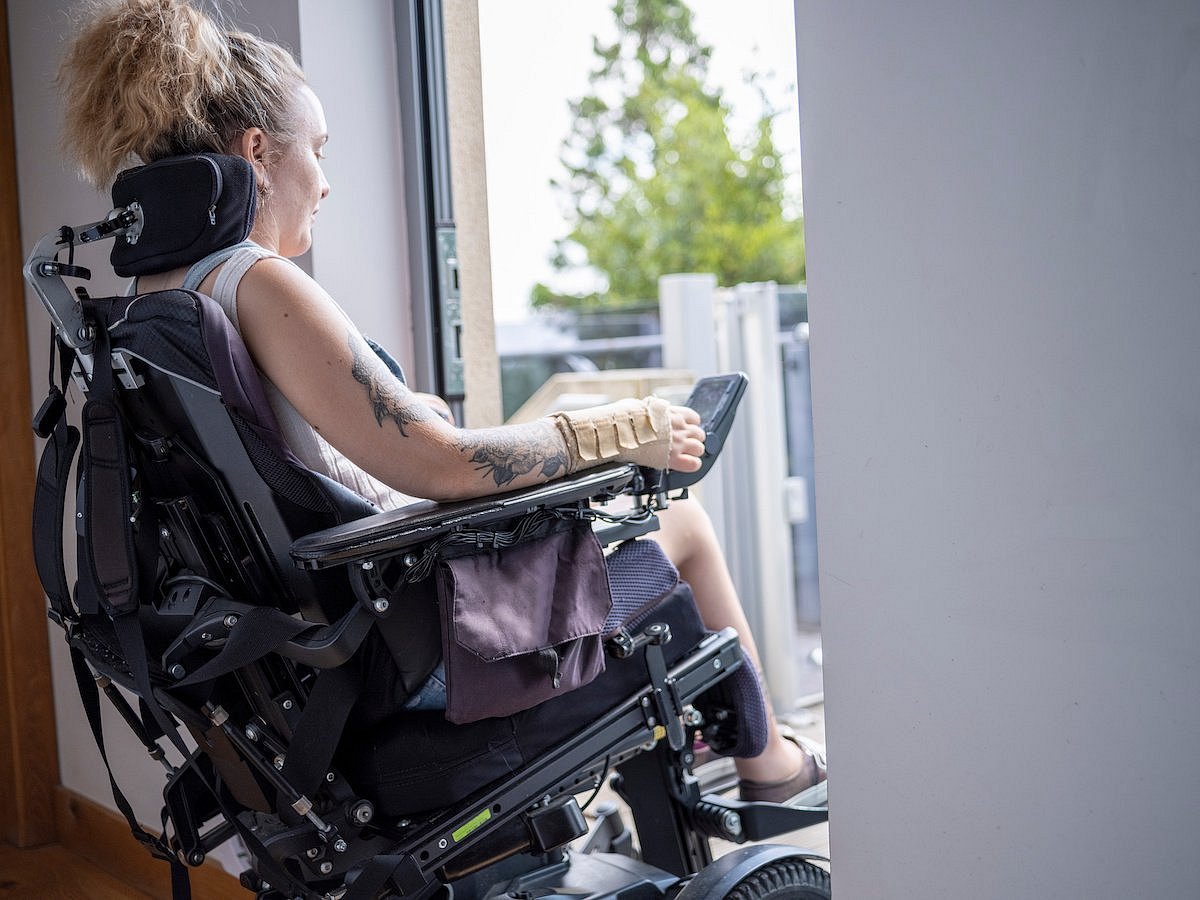Get Healthy!

- Posted September 25, 2025
Implant Treats Blood Pressure Problems Among Spinal Injury Patients
THURSDAY, Sept. 25, 2025 (HealthDay News) — People with spinal cord injuries sometimes suffer from blood pressure problems, as their brain loses the ability to manage the body’s blood pressure.
This leaves them vulnerable to blood pressure drops that cause fainting or spikes that put them at risk of a stroke or heart attack.
But researchers say a new implant can help restore blood pressure control among patients with damaged spinal cords.
The spine implant delivers fine-tuned electrical stimulation that supports a person’s blood pressure, researchers reported recently in the journals Nature and Nature Medicine. The system is controlled through a smartphone app
“Participants report experiencing less brain fog, having more energy, being able to speak louder and suffering less from a postprandial dip (a drop in energy levels after eating),” researcher Dr. Ilse van Nes, who successfully deployed the system at the rehabilitation center Sint Maartens Clinic in Nijmegen, Netherlands, said in a news release.
A patient identified by researchers as Krebs said the implant has vastly improved his life.
“Before the accident, I had no idea how volatile blood pressure can be,” Krebs said, who uses a wheelchair.
“Just transferring from my bed to my chair almost knocked me out at times when my blood pressure would drop,” he continued. “At other times during the day, my blood pressure would spike due to severe nerve pain, causing me to break out in a sweat and experience severe migraines.”
In their study, researchers identified the neuron structures in the spinal cord that can cause uncontrolled, life-threatening elevations of blood pressure.
“We also showed that spinal cord stimulation can compete with this neuronal architecture to safely and precisely regulate blood pressure,” senior researcher Gregoire Courtine, director of the NeuroRestore Center at EPFL in Switzerland, said in a news release.
The research team established how nearly 1,500 people with spinal cord injuries suffered ongoing blood pressure problems that affected both their day-to-day and long-term health.
The team then tested their new implant in 14 patients treated at three separate medical centers in Canada, Switzerland and the Netherlands.
Once activated, the implant restored the patients’ blood pressure to a healthy level, often within minutes.
“First, we show that low blood pressure after a spinal cord injury has serious medical consequences that must not be clinically ignored,” said senior researcher Aaron Phillips, an associate professor at the University of Calgary’s Cumming School of Medicine.
“Second, we show that our neuromodulation therapy for blood pressure instability after SCI can be deployed effectively in diverse clinical settings, at several centers in different countries with different medical protocols,” Phillips added in a news release.
For patient Krebs, taking part in the clinical trial was a meaningful experience.
“It feels good to be able to boost my blood pressure when I need to, I have more energy and am thinking more clearly,” he said. “Also, there are fewer dangerous spikes in my blood pressure. I am very grateful for all the research being done.”
These sorts of spinal stimulator implants also have a proven track record for safety, as they are commonly used to treat chronic pain problems, noted researcher Dr. Fady Girgis, a University of Calgary neurosurgeon.
“Therefore, it's an easy transition to implant them for this novel indication,” he said in a news release. “We've seen very impressive and immediate improvements in blood pressure that are evident as soon as the device is turned on intra-operatively.”
More information
The Mayo Clinic has more on spinal cord injuries.
SOURCE: University of Calgary, news release, Sept. 17, 2025







